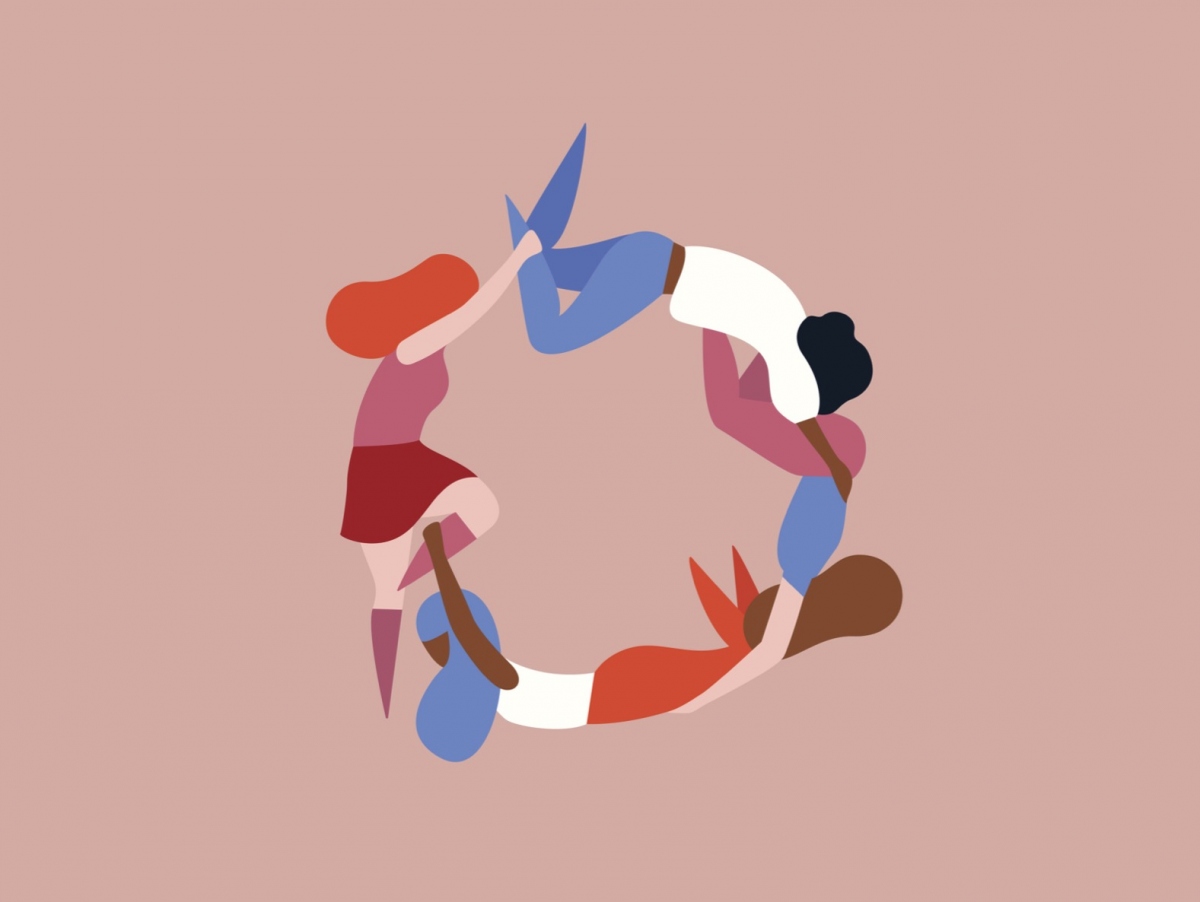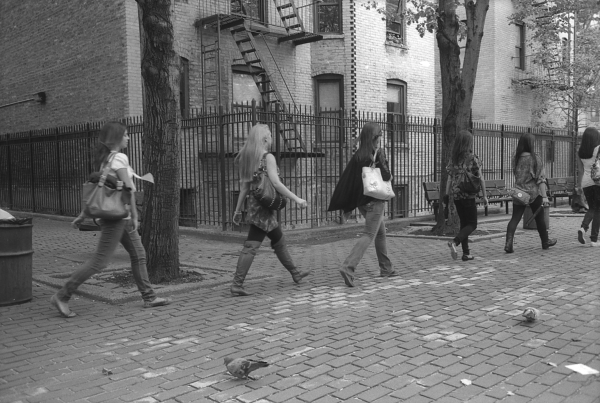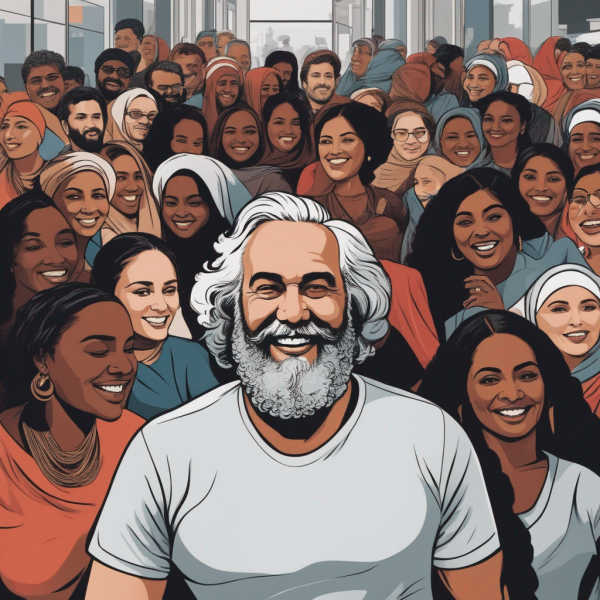If confidence is a universal experience, there is an undeniable difference between women’s and men’s experiences of self-confidence. While women’s rights, political advancements, economical development, social awareness and technological innovations have improved women’s access to self-determination, an undeniable gap remains between women’s aspirations and the possibilities that our societies provide.
The obstacles women must face
While our society is more inclined to let women rise to higher ranks, in theory, it has maintained a variety of conscious and unconscious practices in the workplace and in daily-life that continuously favor their discrimination. The obstacles women must face, when trying to accomplish their personal, educational or professional goals are common to all, no matter their shape or form. As these everyday experiences influence women’s perception of themselves, they contribute to the gendered aspects of the confidence experience.
With Woco (our women’s confidence study) we tried to support the identification of the instances of systemic misogyny that diminish women’s confidence, as well as help women understand when and why they were led to doubt and give up on their demands and their dreams. It is because the matters that threaten women’s confidence, or women’s sense of ability, are so various and indistinguishable from our societal model that they should concern us all. How can our society fully thrive, when so many of its inhabitants are prevented from doing so.
❝Women’s confidence is relational, it is the product of both individuals and society❞
Women’s confidence like most topics associated with well-being is intersectional. It can not be efficiently improved through a singular point of view. To improve women’s confidence, we must also work at tacklings matters of education, health access, workplace equality, social environmental risks, chore equality, domestic violence, racial bias, LGBTQ+ rights, physical & neuro-disability, and any other discriminatory factor.
Our collective responsibility
Our study of women’s confidence taught us that women’s confidence is relational, it is the product of both individuals and society. The state of women’s confidence is our collective responsibility and that is why it requires our massive collaboration. We believe that we must engage in a collective effort: NGOs, the private sector, public authorities and individuals must unite in favoring a world in which all believe in their equal ability.
❝Anyone can partake in increasing women’s confidence and everyone can benefit from it.❞
We hope that next year, on this very day, we will have the pleasure of announcing our collective advancements on the issue of women’s confidence. Whether it be by launching new national studies, by supporting your individual actions, by passing on our torch, or simply by providing women with more podiums from which to speak, we will do whatever we can to advance this fight.
Anyone can partake in increasing women’s confidence and everyone can benefit from the actions of its movement. It is not because a person seems to have self-confidence that they do; it is not because a person seems to have self-confidence that they do not need your care; and, most importantly, it is not because you feel like you’re deprived of self-confidence that you have none to give.




